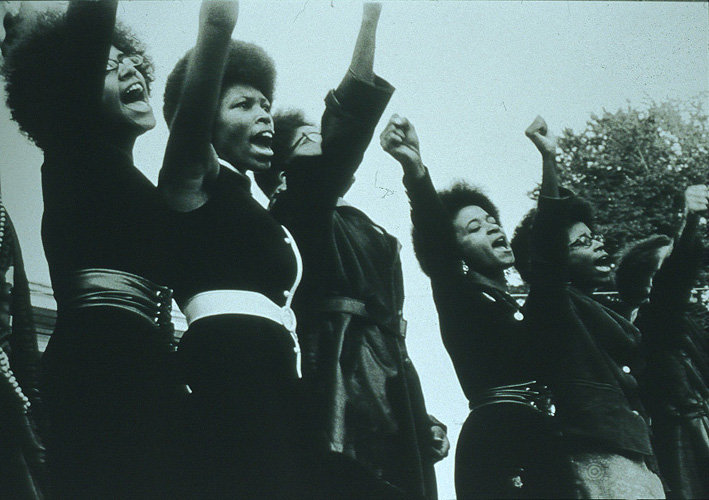Written in 1977 by the Combahee River Collective, a Black lesbian feminist organization from Boston, the statement directly highlighted issues that affected the Queer individuals and collectives within the Black community. It was an incredibly important piece in highlighting the intersectionality of racism, sexism, and homophobia, emphasizing issues not just outside of the Black community, but also within the Black community.
Tag feminism
trans feminism
“Transgender perspectives on feminism, or feminist perspectives on transgender issues” (Serrano, 44)
- “one of many so-called “third-wave” feminisms”
masculine-centrism
“where masculine gender expression is viewed as more legitimate than feminine gender expression” (Serrano, 44)
Femininity, as a whole, is generally seen as inferior. At a basal state, it is the underlying factor that drives sexism, homophobia, and transphobia (as all emphasize the feminine), along with hypermasculinity.
radical feminism
View of feminism that calls for rapid, radical change, as opposed to gradual/”respectability” forms; in context of Michelle Goldberg’s What Is a Woman?, often noted to not consider trans* women as actual women; in Julia Serano’s response, noted that the dichotomy between radical feminism and trans* individuals are sensationalized. (Goldberg, What Is a Woman?; Serano, An Open Letter to the New Yorker)
Black feminism
Class of feminism that emphasizes the intersectionality of class, racial, and gender oppression (important progenitor or intersectionality), with emphasis on Black women and how they are affected by the social paradigm of the United States (and elsewhere throughout the world); main point of Combahee River Collective Statement.